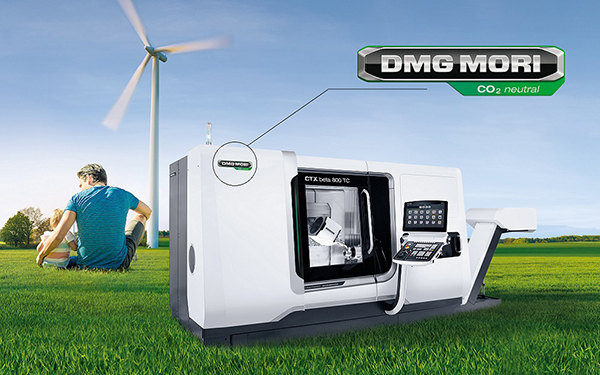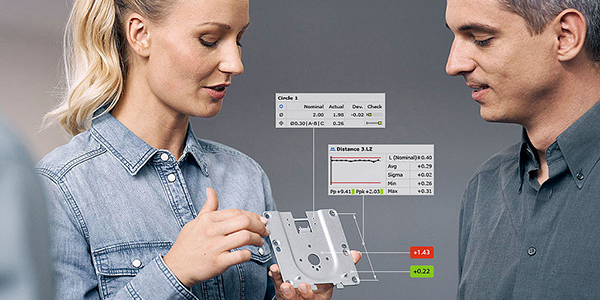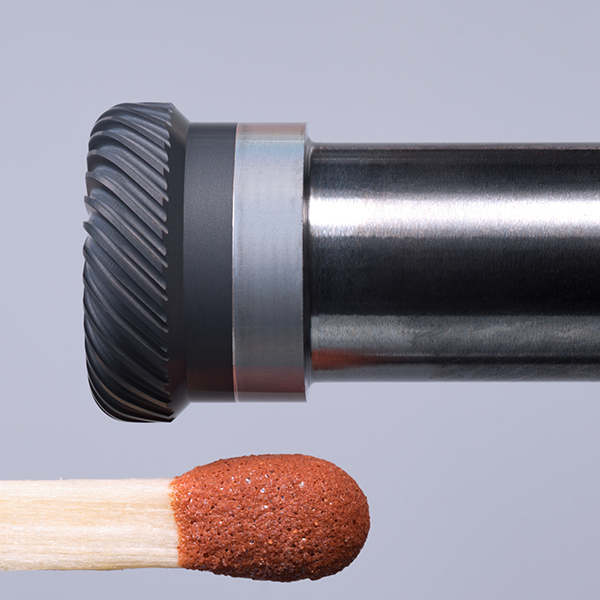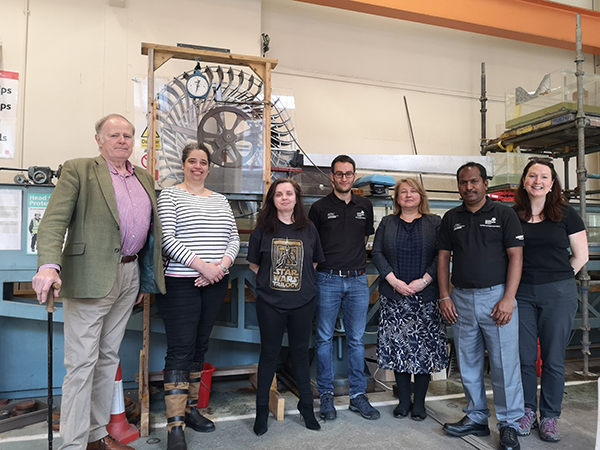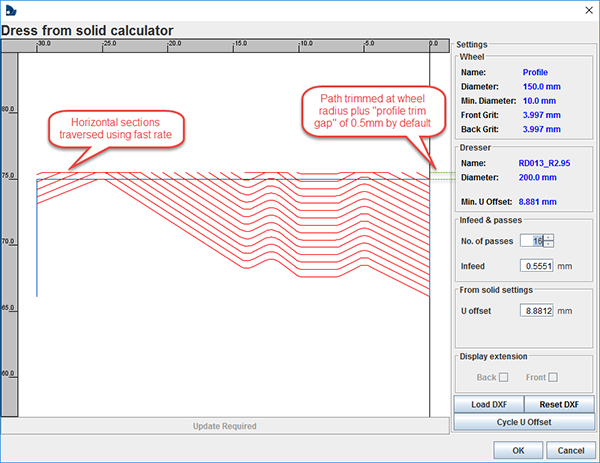
DMG Mori will manufacture all machines in a completely climate-neutral manner – from raw materials to delivery – beginning in 2021. Christian Thönes, chairman of DMG Mori, says: “This move makes DMG Mori one of the first industrial companies worldwide to have a climate-neutral ‘product carbon footprint’.”
Since May 2020, the ‘company carbon footprint’ of DMG Mori, which covers its own value creation, has been climate-neutral. The company avoids emissions in all areas, among others through modern heating, ventilation and cooling concepts. At the same time, DMG Mori uses self-generated regenerative energy and purchases exclusively green electricity at almost all locations. The remaining CO2 emissions that the company has been unable to avoid thus far, are compensated by investments in sustainable, certified climate protection projects.
For further information www.dmgmori.com






